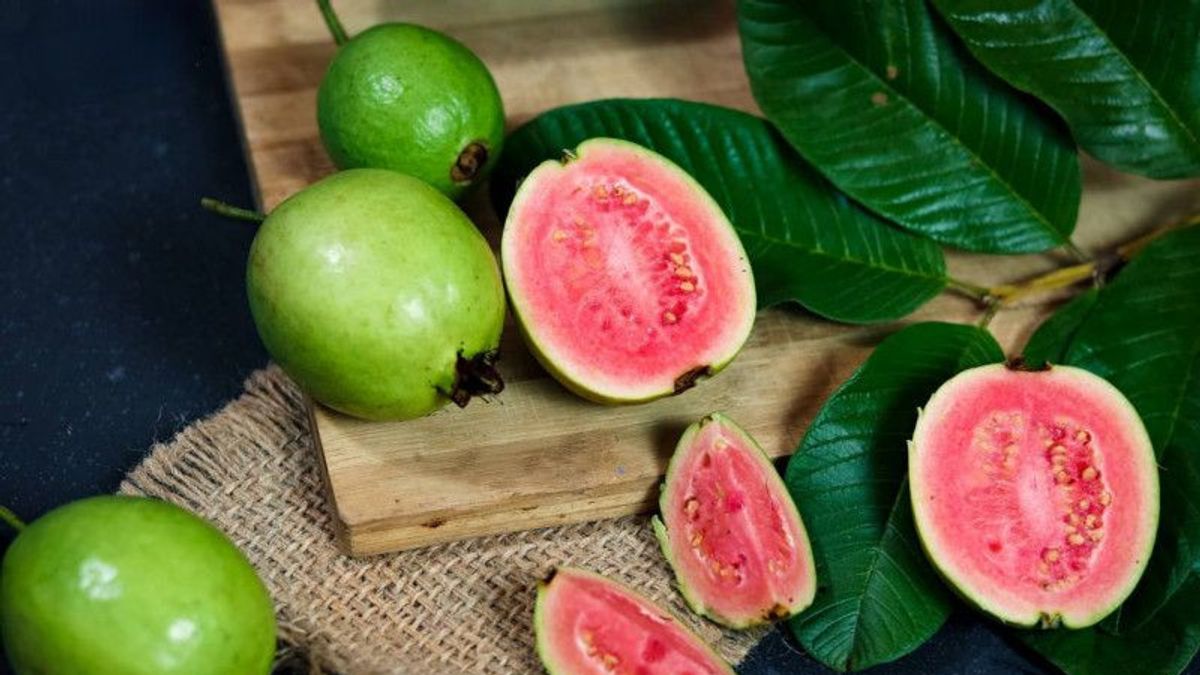JAKARTA - When suffering from dengue hemorrhagic fever (DHF), many people believe that drinking guava juice is effective in increasing the platelet levels that fall due to the disease.
However, the staff of the Tropical Infection Division of the Department of Internal Medicine, FKUI-RSCM, dr. Adityo Susilo, Sp.PD-KPTI. FINASIM said guava juice could not change the course of dengue fever.
"Guava juice, unfortunately, based on the results of existing studies, cannot change the course of the disease," Adityo said in a health webinar quoted by Antara, Thursday, June 30.
Adityo explained, the rise and fall of platelets during DHF is a process that occurs naturally according to the course of the disease.
But at least, he said, when the patient drank guava juice, he had tried to meet the fluid needs. The reason is, in patients with DHF, blood plasma containing water and nutrients will leak so that the contents come out of the blood vessels to other tissues.
"By wanting to drink, at least you meet your fluid needs. So you are very, very welcome to drink," said Adityo.
Decreased platelet levels are often experienced by patients with dengue fever. Adityo said this was because a lot of platelets would be used to clog areas of the endothelium (cells in blood vessels) that were widening due to inflammation caused by the dengue virus. The more severe the inflammation, the more platelets will be used.
When someone has DHF, Adityo said he must be closely monitored, especially when he is in a critical phase, when the fever has decreased.
Generally, he continued, doctors will ensure that the fluid needs in the patient's veins are always sufficient. Otherwise, there is a risk of shock.
"If he can still drink and eat well, his stomach doesn't hurt too much, please drink. But if he doesn't, then he can as much as he can or if he has been hospitalized, he will be given an IV," said Adityo.
Next, Adityo continued that DHF sufferers should get enough rest to help speed up the healing process and reduce the risk of complications.
"Then because this is a fever, fever medicine is important. In addition, taking symptomatic medicines according to the symptoms," said Adityo.
"Of course the next thing to do is monitoring, starting from blood pressure to body temperature conditions, to assess risks and provide more optimal management. Most importantly, watch for signs of danger so that you can be alert early," he concluded.
The English, Chinese, Japanese, Arabic, and French versions are automatically generated by the AI. So there may still be inaccuracies in translating, please always see Indonesian as our main language. (system supported by DigitalSiber.id)













